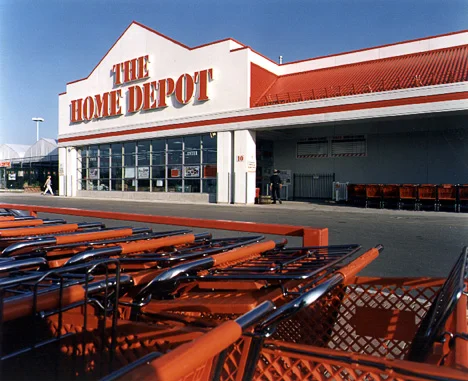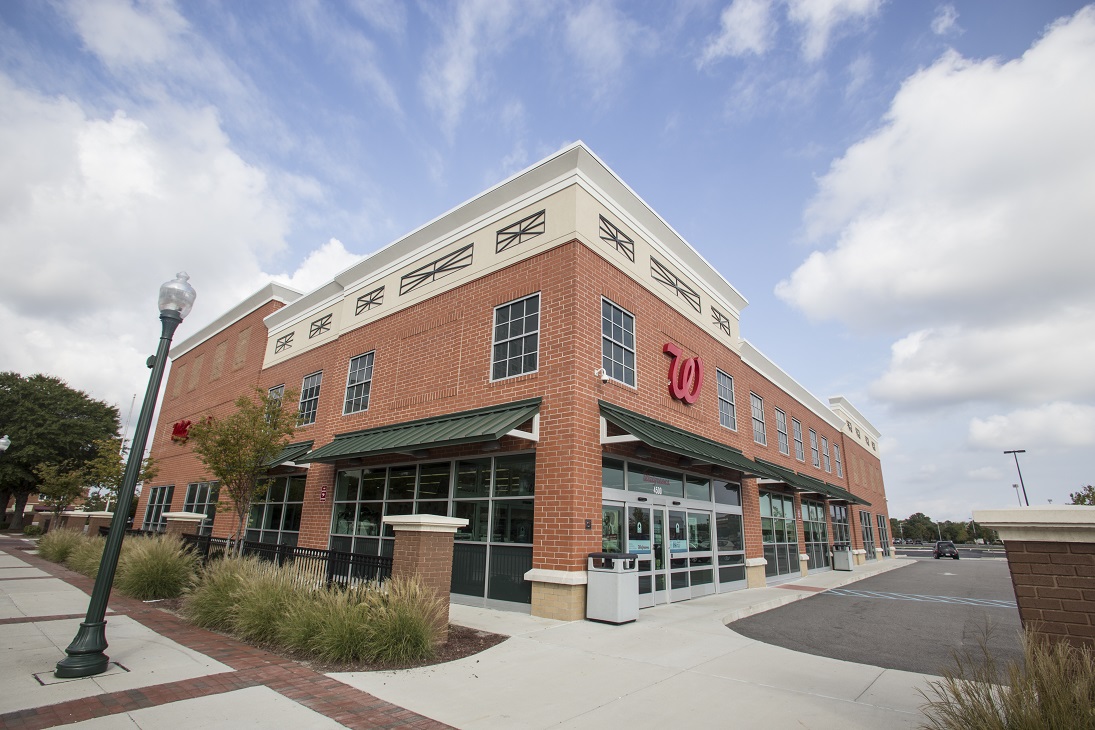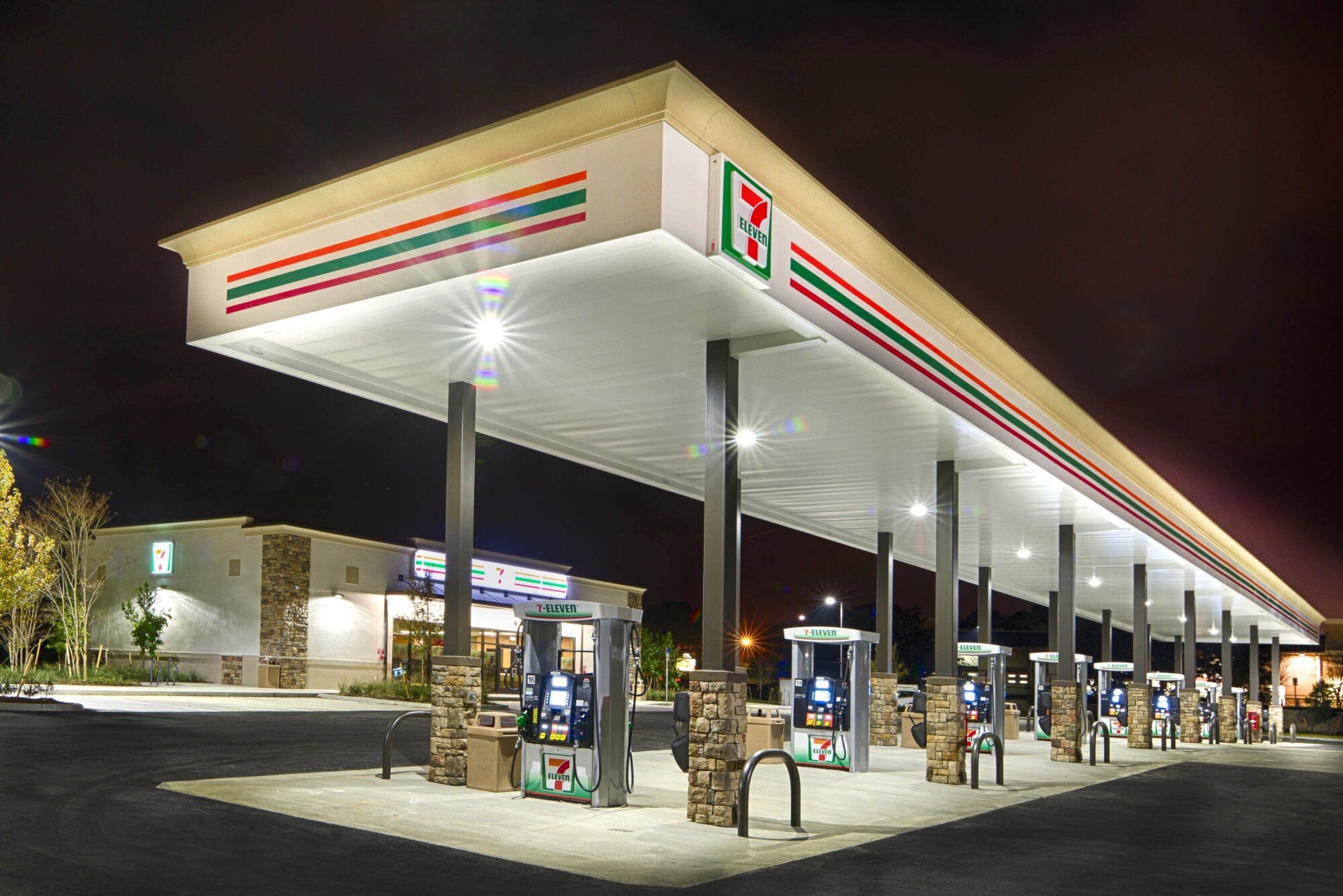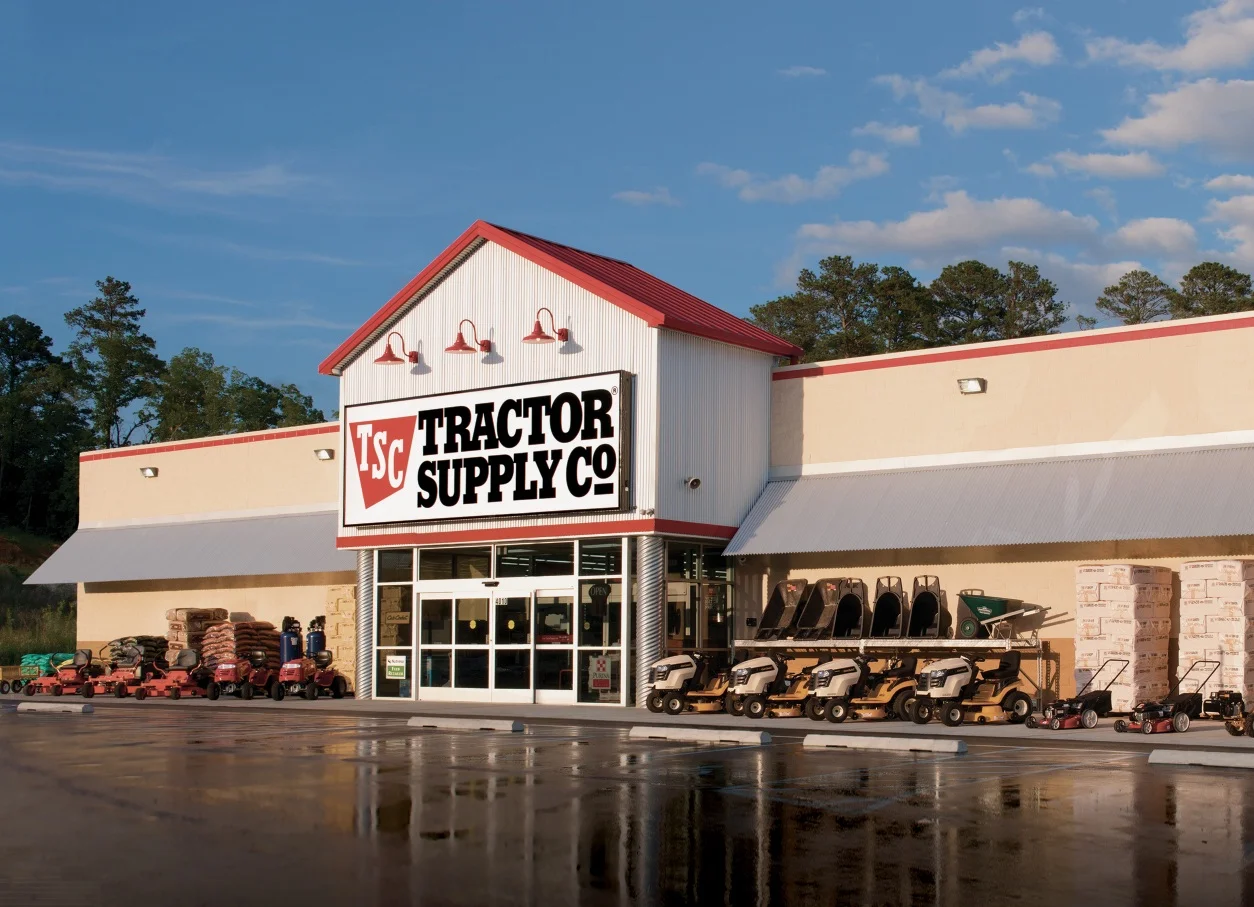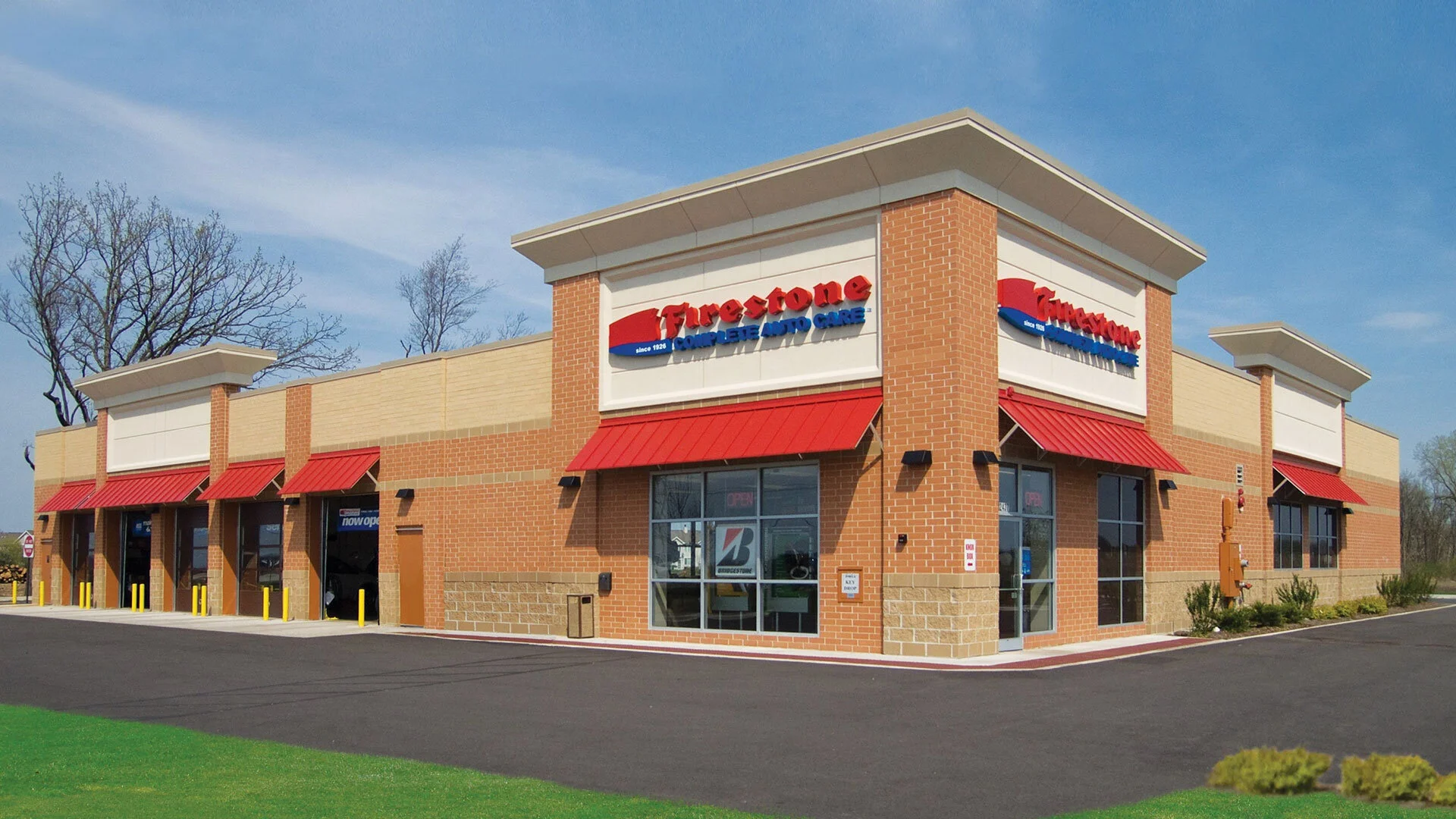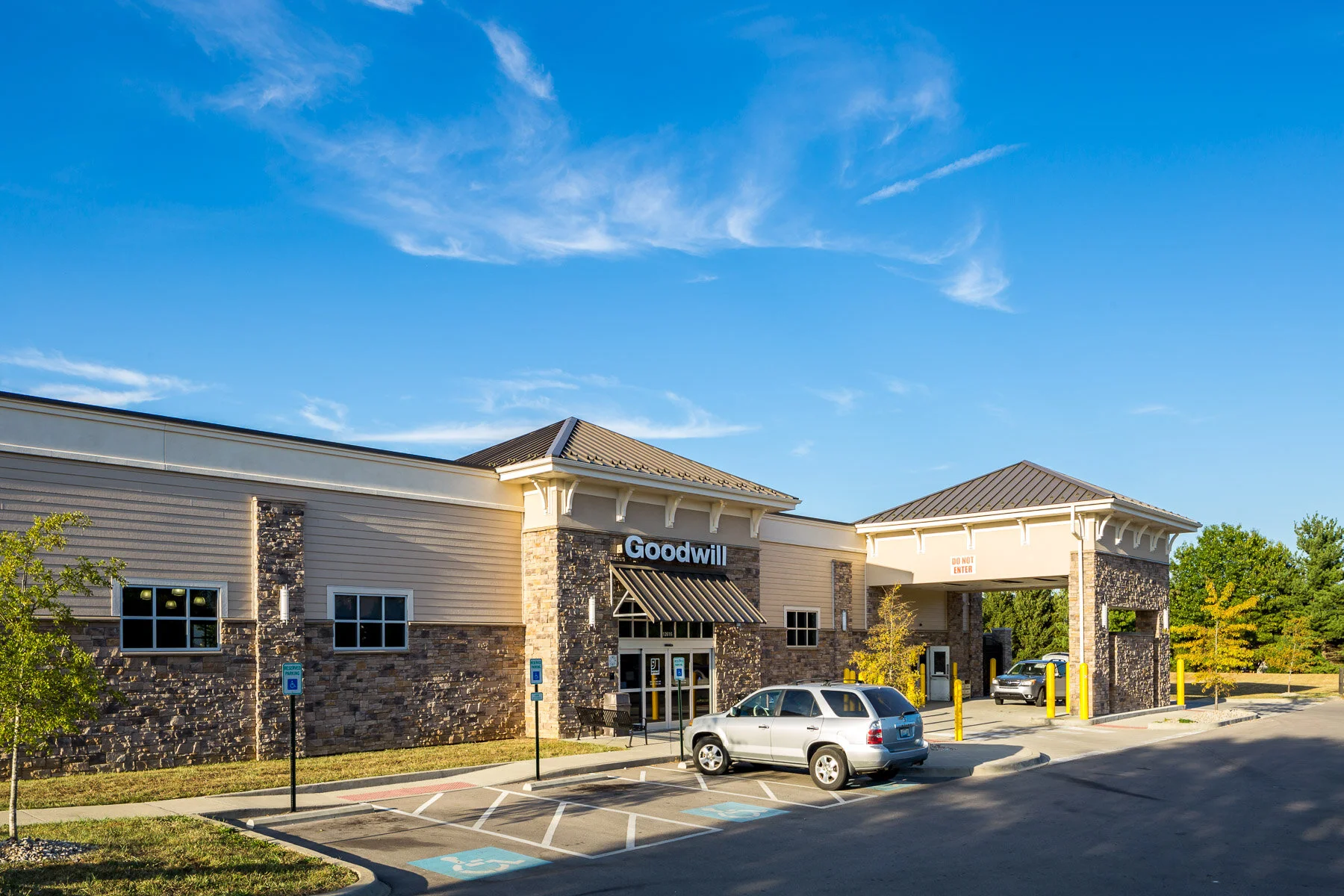The Pros and Cons of Triple Net Properties
In some ways, triple net properties are as much fixed-income investments as they are real estate vehicles.
Offering little to no management responsibility and long-term fixed incomes with the potential for gradual increases, they act like bonds.
However, underlying their financial structures, NNN properties are still real estate and carry the same eventual risks and challenges.
Here are some of the pros and cons of triple net lease properties:
Pro: Stable Income
Con: Limited Upside
Triple net leases are usually structured with a flat rent or with fixed increases. When you buy a $2,000,000 property at a 7.5 percent cap, you know that you can count on $150,000 per year for the life of the lease. Many triple-net properties also have rent increases of 1 to 2 percent per year built-in. They provide some growth, but don't necessarily keep up with inflation. However, this is no different from buying a corporate, Treasury or municipal bond with a fixed rate of return.
Pro: Long-Term 100% Occupancy
Con: Risk of 100% Vacancy
Most triple net properties come on the market with a lease of at least 10 years, with some having initial terms as long as 25 years. This gives you a long time during which you don't have to worry about partial or full vacancy. The drawback is that when the lease does expire, it's an all-or-nothing proposition. The same occurs in the event of a tenant default, although careful due diligence before purchase can reduce the risk of this occurring.
Pro: Attractive Cap Rates
Con: High Price Relative to Underlying Value
Single tenant properties typically trade at attractive cap rates that are hundreds of basis points above comparable non-real estate investments. They're also frequently priced lower than more traditional investment real estate alternatives on a cap rate basis. A large portion of their value comes from their income stream, though, meaning that they could lose value when vacant or as their remaining lease term decreases.
Pro: No Management
Con: CapEx at Rollover
True triple net properties are structured so that the owner has no responsibilities whatsoever during the lease period, while others transfer some capital expenditures to the owner. In either case, the ownership experience is very different from traditional real estate. However, when the lease rolls over, owners have to get involved in the re-leasing process and in any necessary capital expenditures to prepare for a new tenant.
What do you see as the benefits and risk?
Or Contact Thomas Morgan, CCIM Triple Net NNN Broker at 1-866-539-1777
NNN Properties and Your Future
NNN properties are a popular avenue for commercial real estate investment. These are typically single-tenant retail properties where the tenant is responsible for paying real estate taxes, providing their own property insurance and taking care of all property maintenance. Tenants take care of these expenses in addition to other monthly costs such as rent and utility payments. Part-time investors can find NNN properties to be an appealing real estate investment option. It offers a guaranteed stream of income from a real estate investment while also absolving the investor of carrying out many day-to-day management responsibilities for the property.
Other advantages NNN properties offer are significant. An investor can lock in a long-term lease with a tenant who sets up shop in NNN properties. They can enjoy tax benefits that come from investing in commercial or residential real estate. Finally, successful NNN properties can act as a gateway for securing additional financing to use on other investments.
There are risks in leasing out triple net properties to the wrong tenant. An investor needs to know how to identify a good tenant versus a bad tenant. Assessing the worthiness of any tenant requires an investor to examine a company's business model and the state of its finances. Signing up a tenant in haste can result in disaster for any investor.
A company's credit rating offers an indicator of risk for default. While no investments outside of a federal bond offer a zero percent default rate, a tenant possessing an investment grade credit rating presents less of a risk for NNN properties.
Leasing NNN properties to a company essentially provides them capital. An investor needs to know if their tenant can guarantee long-term success with that capital. Investors should examine multiple criteria when choosing tenants for their triple net properties. They should examine a company's debt to equity ratio, operating margins, the number of stores it operates, the outlook for that industry and how the company is managed.
Investors in NNN properties should also take into account other factors. A successful investment can hinge on everything from location and building size to economic conditions for a particular industry. Triple net properties work best for a smart investor who buys in the right location and selects a low-risk tenant.
Knowing local market conditions is essential for any serious investor. It is important to pay attention to everything from the employment rate to median income in a community before selecting a property. A bad investment can leave an investor with an empty building that is essentially a money pit.
In the end, NNN properties are a great passive income investment that produce low risk yields of 7% or more with little investor oversight and involvement. Contact Thomas to find out more about NNN properties or to buy/sell a NNN property: 1-866-539-1777 or e-mail.




